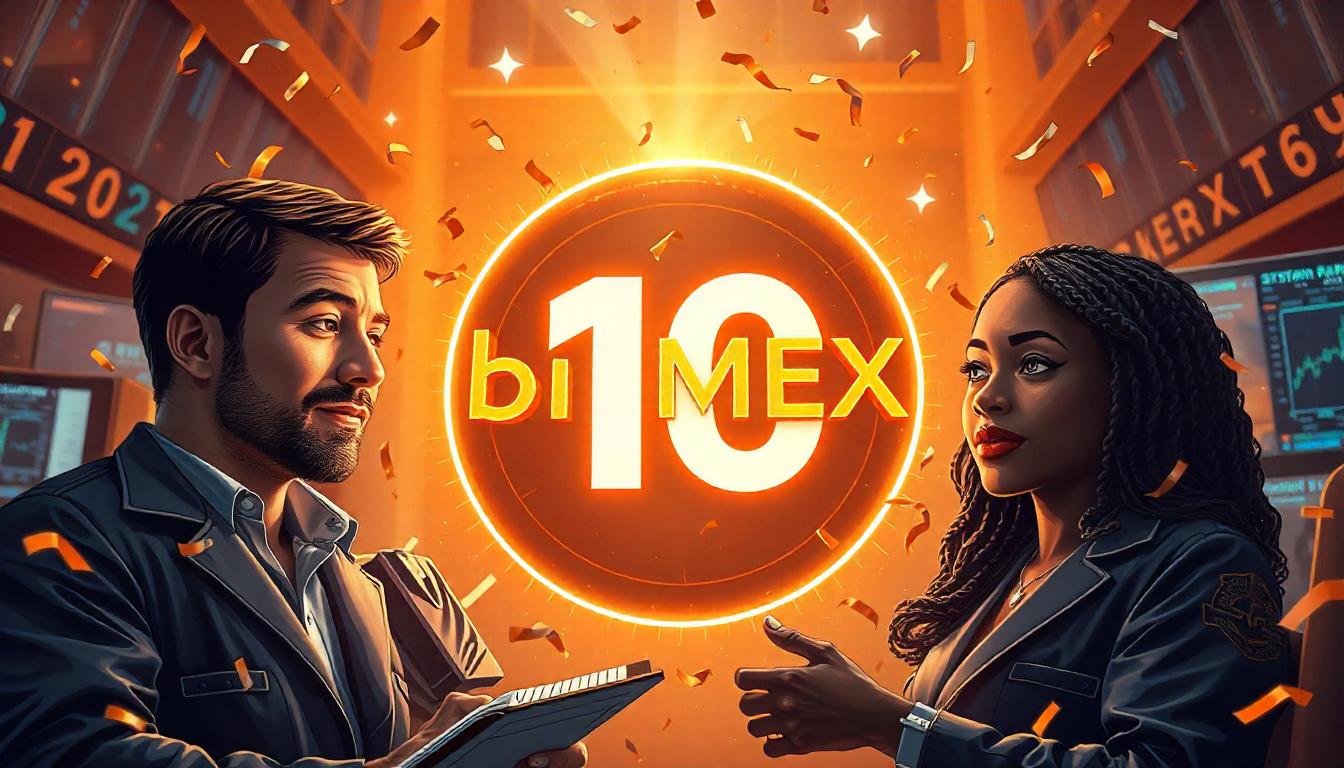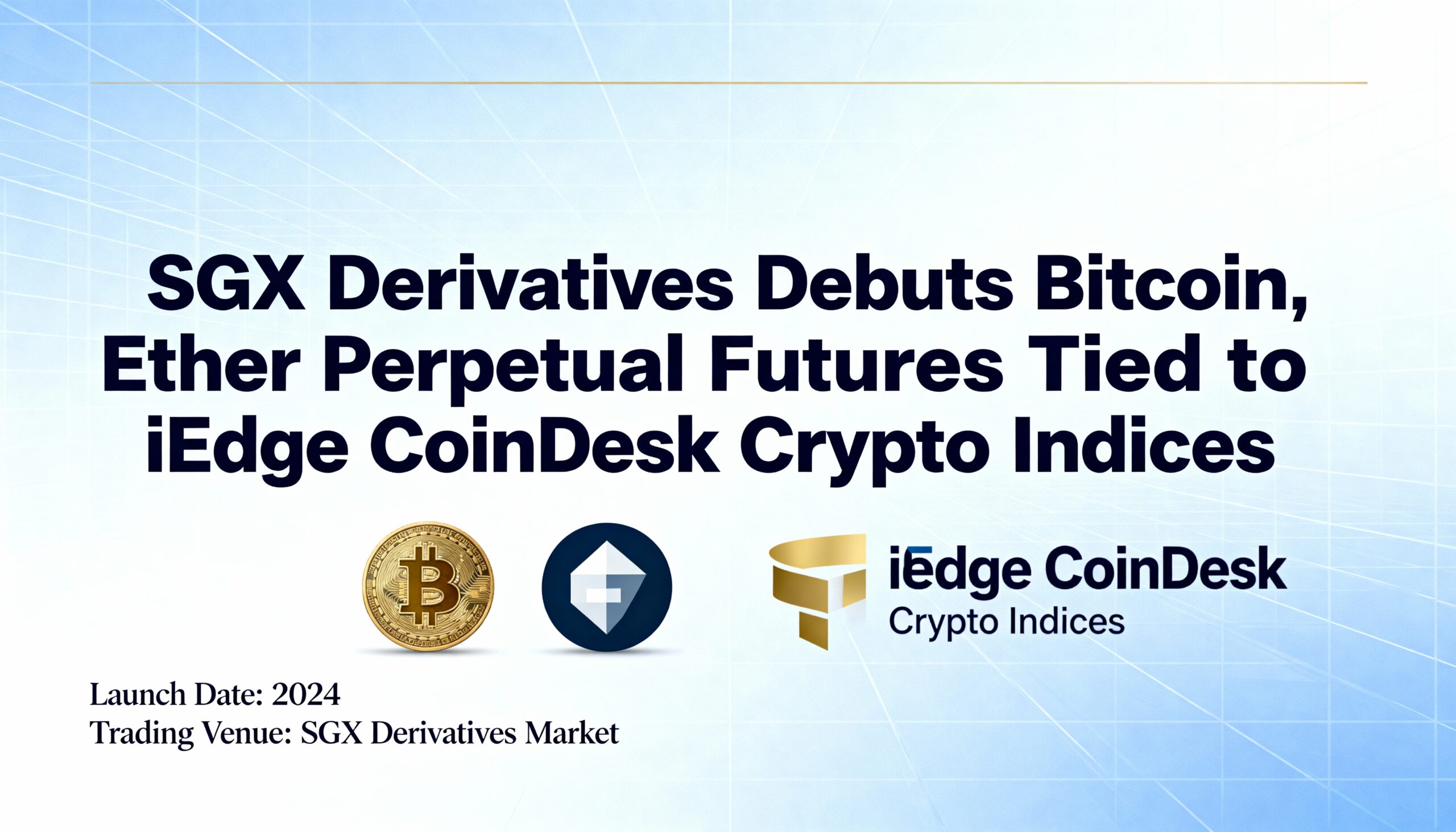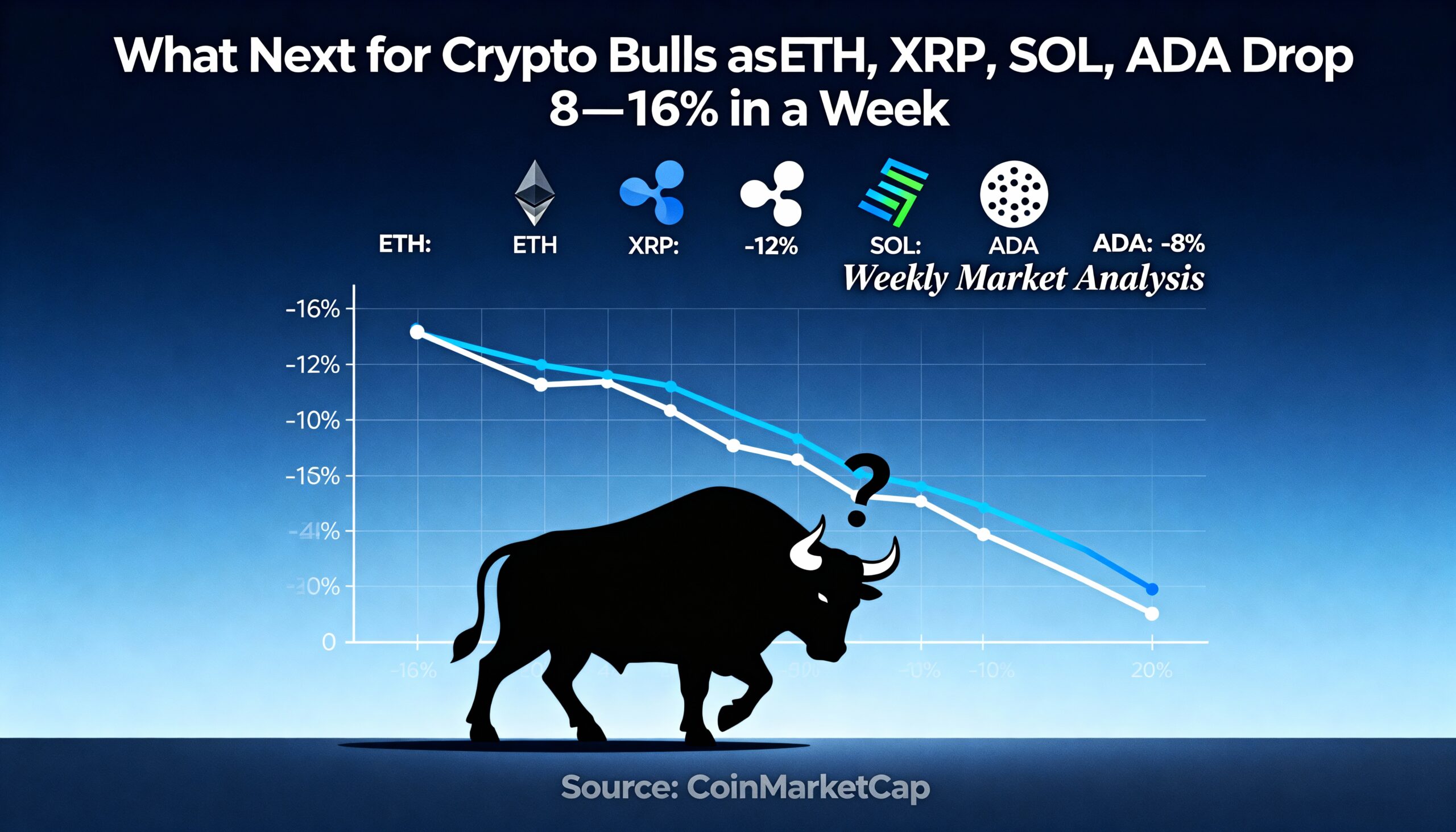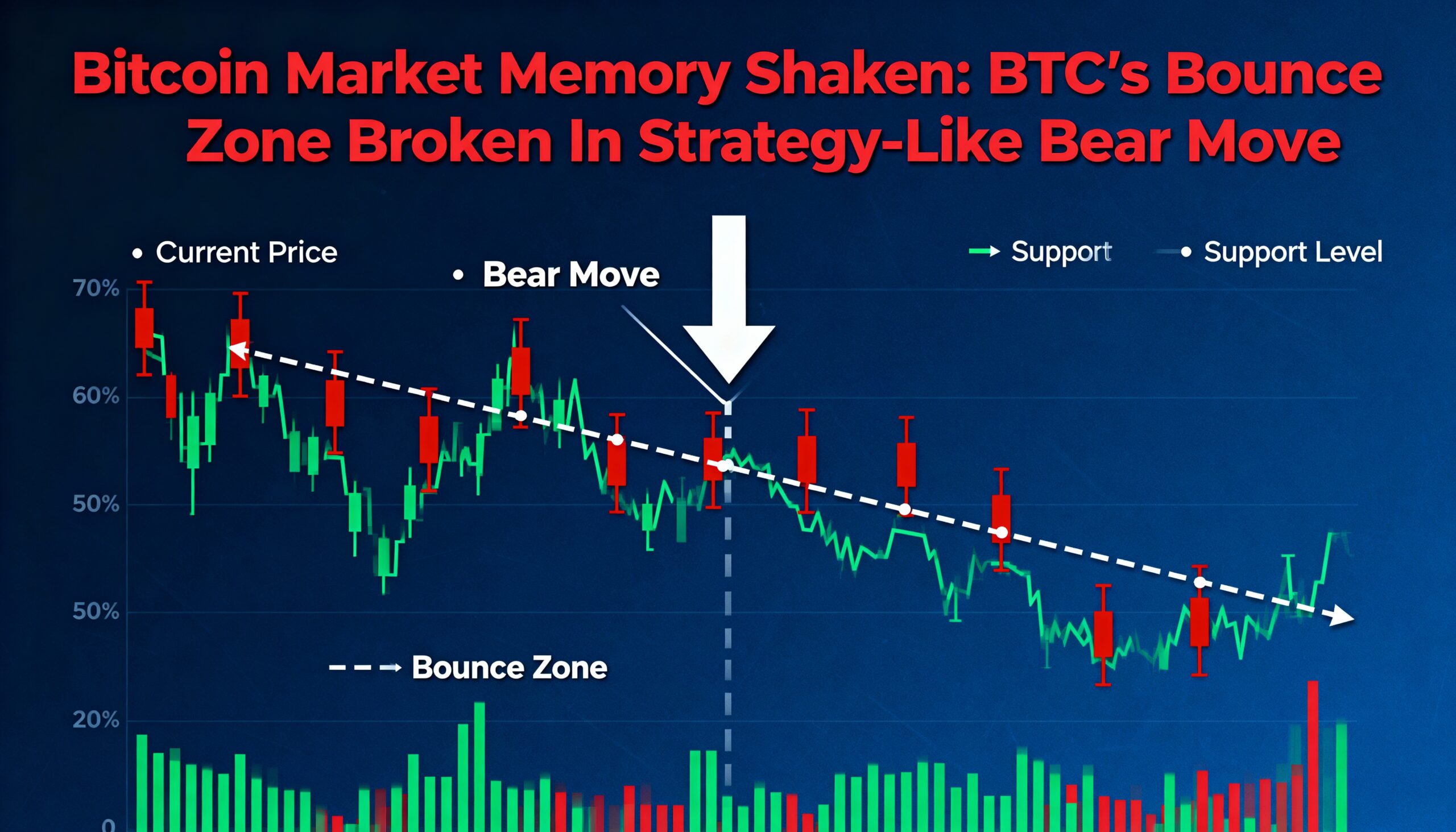
BitMEX CEO Stephan Lutz is not bothered by competitors replicating the exchange’s most influential creation, the perpetual swap.
The saying, “Good artists copy, great artists steal,” famously attributed to Steve Jobs, reflects the notion of taking inspiration from others and improving upon it. In the case of BitMEX, Lutz, who became CEO in late 2022, sees no issue with other crypto exchanges adopting the company’s pivotal financial instrument, the perpetual swap. In fact, he believes it’s a positive sign for the broader market. The more traders who use the tool, the more it supports a healthier trading ecosystem.
“It was copied by everyone, because that’s just open-source know-how,” Lutz shared with CoinDesk. “The whole world works on it, which is the best form of flattery we can wish for.”
Unlike traditional futures contracts, which have a set expiration date, the perpetual swap allows positions to stay open indefinitely. This product mirrors margin trading and operates with a funding rate—a payment exchanged between long and short positions—to maintain price alignment with the underlying asset. This mechanism eliminates the need for expiration and keeps the market fluid, a critical feature in the fast-paced world of crypto trading.
Lutz views the creation of the perpetual swap as an essential innovation that helped shape the early crypto derivatives market. He explained that it addressed fundamental issues, such as counterparty credit risk and the lack of structure for connecting long and short positions.
“Without the perpetual swap and its funding mechanism, there was no real structure to bring longs and shorts together,” he said. “That innovation sparked the whole futures trading industry.”
The perpetual swap also caters to the lightning-fast cycles in crypto markets, where major events can unfold in a matter of hours or days, compared to the years-long cycles in traditional finance.
“In traditional finance, you might say it’s a seven-year cycle, but in crypto, it’s more like six months,” said Lutz, referencing his experience with Deutsche Börse. “In crypto, you need to react quickly to new developments.”
Though BitMEX is no longer the largest derivatives exchange—centralized giants like Binance have adopted the perpetual swap—its loyal user base remains steadfast. One reason for this loyalty is BitMEX’s commitment to neutrality. The exchange does not operate a market-making desk, which means it doesn’t trade against its customers. This results in more transparent pricing and funding rates.
“Our funding rates can sometimes differ, but that’s because we ensure independent price discovery, which is key to maintaining fairness,” Lutz explained.
During periods of market volatility, particularly downturns, BitMEX often sees a surge in market share due to its consistent and trustworthy service for derivatives traders.
Looking ahead, Lutz believes that while BitMEX will continue to thrive in Bitcoin derivatives, the exchange will also selectively broaden its offerings. And, perhaps, in the years to come, BitMEX will introduce another innovation that could once again be widely adopted across the industry.























